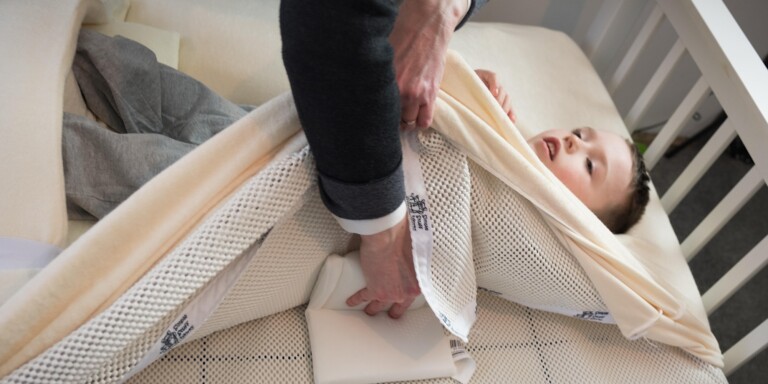Description:
Posture Care Out of the Chair- The Role of Night-Time Positioning. Adult and Pediatric Therapists are encouraged to attend! 3 CPD points Peo...
Read more
Posture Care Out of the Chair- Melbourne
Posture Care Out of the Chair- The Role of Night-Time Positioning. Adult and Pediatric Therapists are encouraged to attend! 3 CPD points
People with neurological impairment are at high risk of developing postural deformities and adopting asymmetrical positions that they are unable to move out of. Whilst the norm is to focus heavily on seating, consideration of just one position alone is not enough. People with neurological impairment are at high risk of developing postural deformities and adopting asymmetrical positions that they are unable to move out of.
There is a growing body of evidence demonstrating that night-time positioning is beneficial for people with mobility impairment, particularly when considered as part of a 24-hour postural management program. It is therefore crucial that we analyse posture in lying, and determine the “safe” and “destructive” environments and postures that can occur while people rest!
In this session we will discuss the consequences of asymmetric, unsupported postures in lying. We will highlight the impact this has on body shape and function and will provide systematic assessment tools and intervention strategies to assist clinicians with practical skills to apply immediately with their clients, regardless of their age and condition. There will be opportunity to explore product options, considering the benefits of different approaches.
Learning objectives:
To be able to identify who is at risk and comprehend how the provision of a 24-hour Posture Management program may prevent body shape distortion.
Understand and consider biomechanical forces that act on the body.
Highlight the predictable and potentially reversible nature of body shape changes.
Appreciate that the lying position will impact on seating; therefore, sitting and lying need to be considered together as part of an overall intervention process.
Considerations for the assessment and practical strategies to support the client overnight.
Compare and contrast low tech options, formal and informal solutions based on individual needs and risk factors.
Presenter:
Joana Santiago, Clinical Education Manager, Medifab


